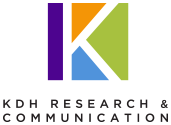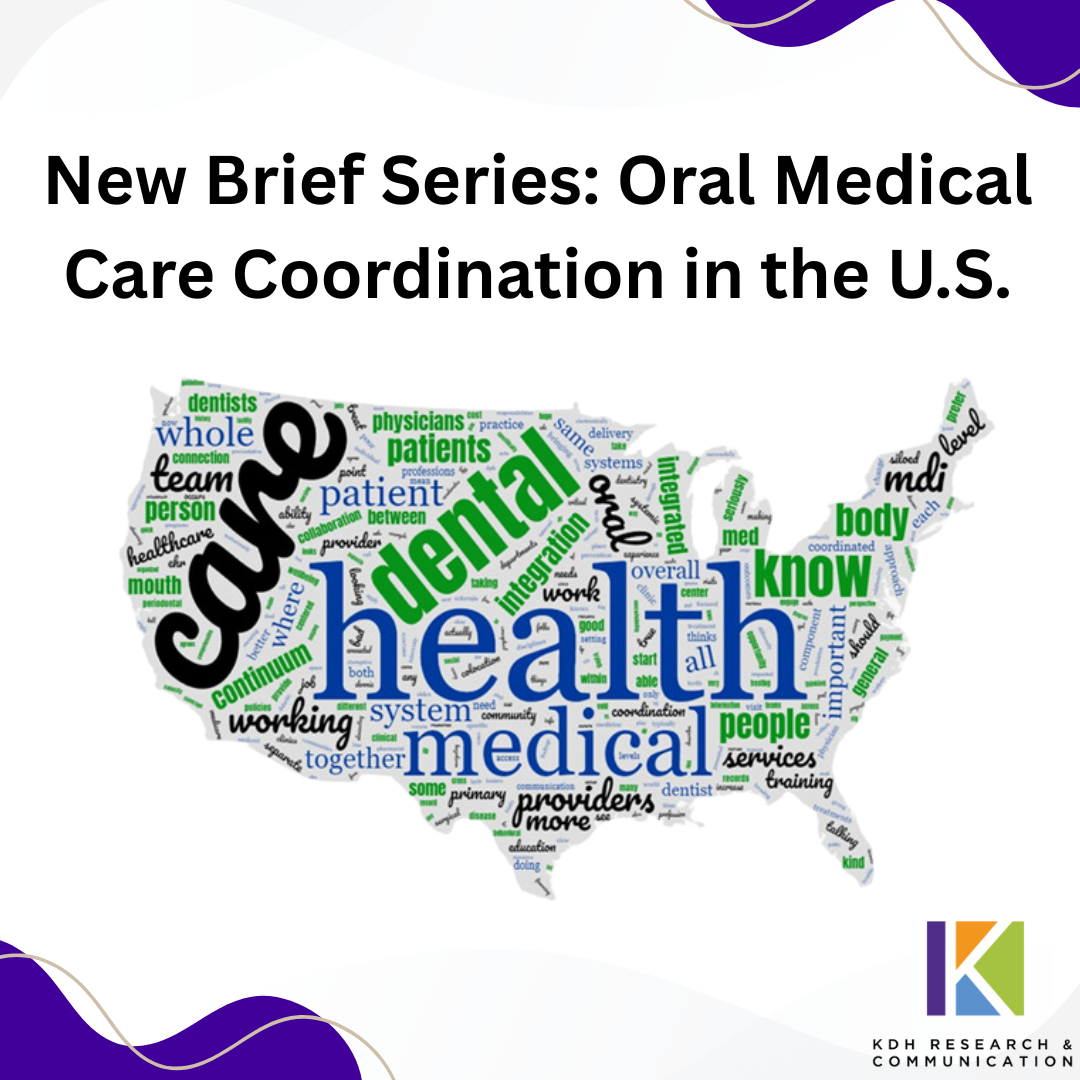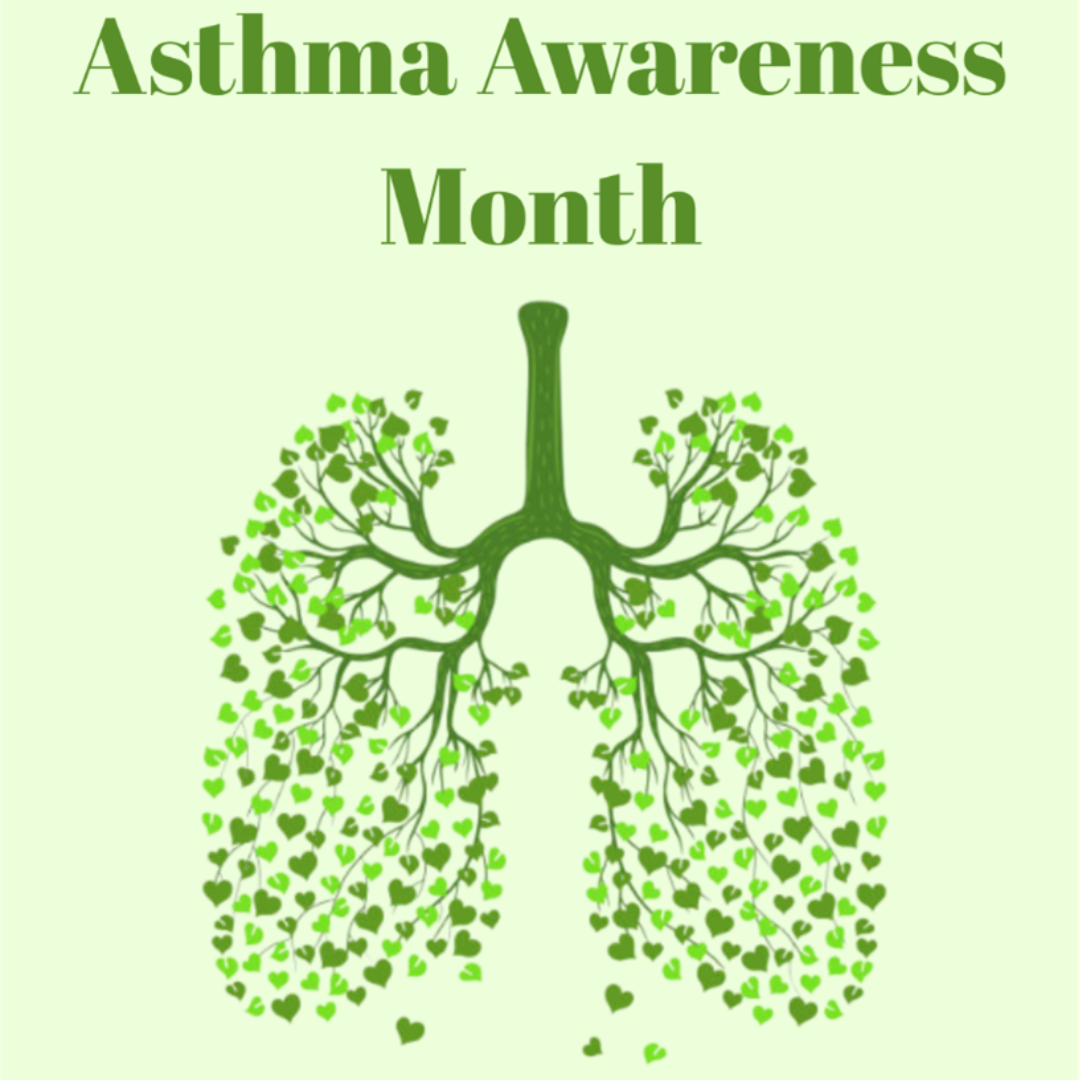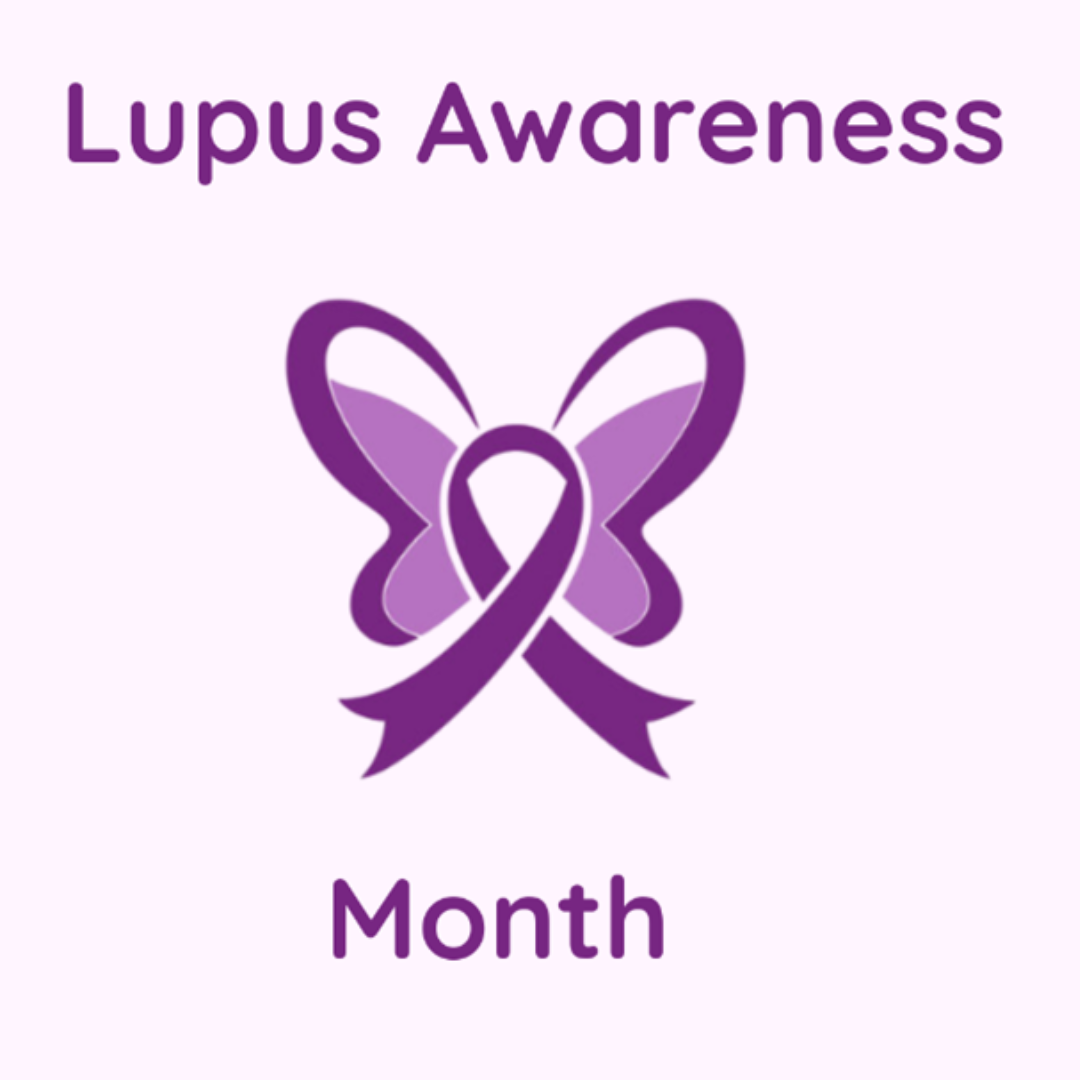Last fall, KDHRC shared, “Oral Medical Care Coordination: A Systematic Literature Review and Guide Forward,”…
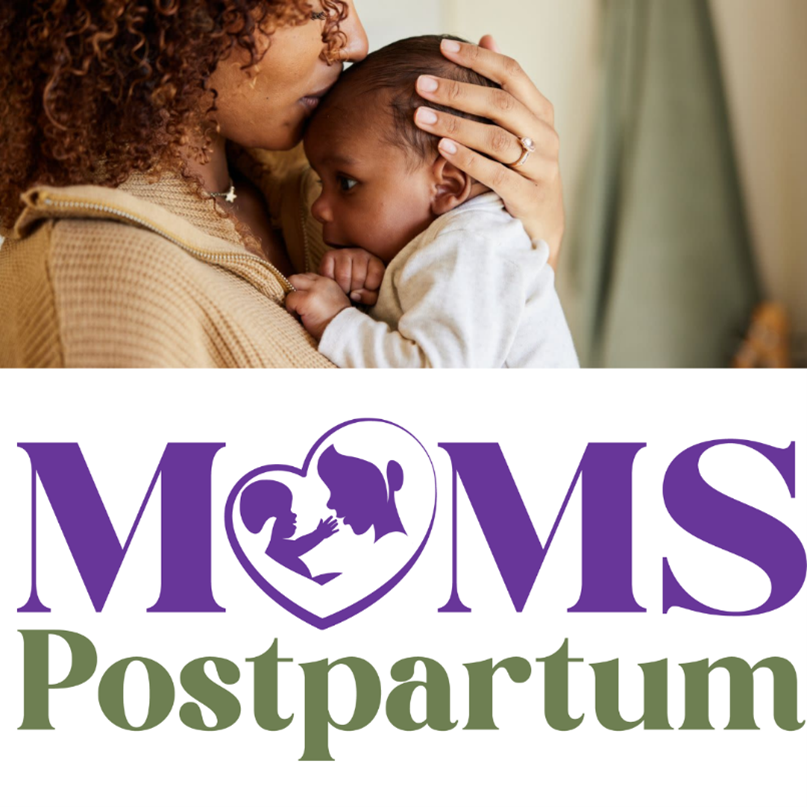
Advancing Maternal Health: Insights from KDHRC’s Postpartum Health Webinar
On March 11, 2025, KDHRC hosted a 3-hour webinar titled Postpartum Health: Navigating Barriers to Mental and Physical Well-Being Among High-Risk Populations. Experts and attendees discussed the challenges and issues surrounding maternal mortality and identified critical gaps in maternal health care. The conversation builds upon KDHRC’s ongoing efforts to create professional development courses to prepare community health workers (CHWs) to support postpartum mothers.
Women in the U.S. are twice as likely to die from pregnancy-related complications as those in other high-income countries, with more than half of maternal deaths occurring after childbirth. The postpartum period is a critical time of physical, emotional, and social adjustment, yet many women—especially those from disadvantaged populations—face higher risks due to systemic barriers in healthcare. Black and American Indian/Alaska Native women experience maternal mortality rates two to three times higher than White women, and these disparities also impact infant health, with Black infants having the highest mortality rates. Addressing these gaps in postpartum care is essential to improving outcomes for both mothers and babies.
KDHRC Senior Program Manager Dexter Cooper moderated the webinar, which featured four distinguished speakers with diverse backgrounds in maternal health: obstetrics-gynecology, research, doula, and CHW experts.
KDHRC President Dr. Kristen Holtz opened the webinar, setting the stage for two insightful sessions. In the first session, Dr. Alison Stuebe of University of North Carolina – Chapel Hill and Latoshia Rouse, CEO of Birth Sisters Doula, explored the most impactful and accessible characteristics of community-based postpartum care for disproportionately impacted communities. The second session featured Dr. Natalie Hernandez-Green of Morehouse School of Medicine and Dr. Denise Hernandez of the Dallas-Fort Worth CHW Association, who emphasized why community-based care serves as a critical access point for postpartum support. The event concluded with a discussion on bridging gaps in postpartum care.
The Power of Interdisciplinary Care in Maternal Health
A key theme that emerged from the discussion was the importance of interdisciplinary approaches in medicine, which bring together professionals from various fields to collaborate and provide comprehensive, patient-centered care. Research shows that interdisciplinary medical care improves patient safety, reduces hospitalizations, and lowers complications and medical errors. Interdisciplinary medical care also enhances the organization of a patient’s healthcare activities and expands access to healthcare services.
For mothers in disproportionately impacted communities, interdisciplinary care is especially crucial. Non-White mothers face significantly higher maternal mortality rates and often experience barriers to culturally competent care. Dr. Alison Stuebe highlighted these barriers during the discussion:
“As we build a community health worker curriculum, really thinking about what the questions are to start the conversation—rather than what the instructions are to give the patient—I think could be really powerful.
And for people of color, you’re looking for places that have mental health providers and support groups that look like them. It’s very important for them to have access to people who understand their culture, beliefs, and values.
Because if you’re having challenges, you don’t want to have to explain that, too. You want to be able to go into a space where it feels comfortable, and you can just share—without having to explain the why.”
Looking Ahead: Strengthening Maternal Health Support
The insights from this webinar reinforce the urgency of improving postpartum care for mothers in disproportionately impacted communities through culturally competent, community-based, and interdisciplinary approaches. By fostering collaboration among healthcare professionals and ensuring that CHWs are equipped to provide meaningful support, we can take critical steps toward reducing maternal health gaps. KDHRC is currently evaluating the first four modules of MOMS Postpartum, a CHW training course designed to bridge the gap in postpartum support for new mothers. While birth workers (BWs) play a critical role in improving maternal health outcomes, they typically provide support for less than a week after birth. CHWs can help fill this gap by offering continued care and guidance for up to a year postpartum.
KDHRC’s role is to train CHWs to ensure a seamless transition of care from BWs, ultimately working to reduce maternal health disparities. The results of this evaluation will inform our Phase II proposal—if funded, we will expand the training curriculum and develop an app to further support CHWs in their work. KDHRC remains committed to advancing this work and will continue to develop programs that empower CHWs, strengthen maternal health resources, and collaborate to include more avenues for postpartum care. You can find out more about this program at kdhrc.com/programs.
